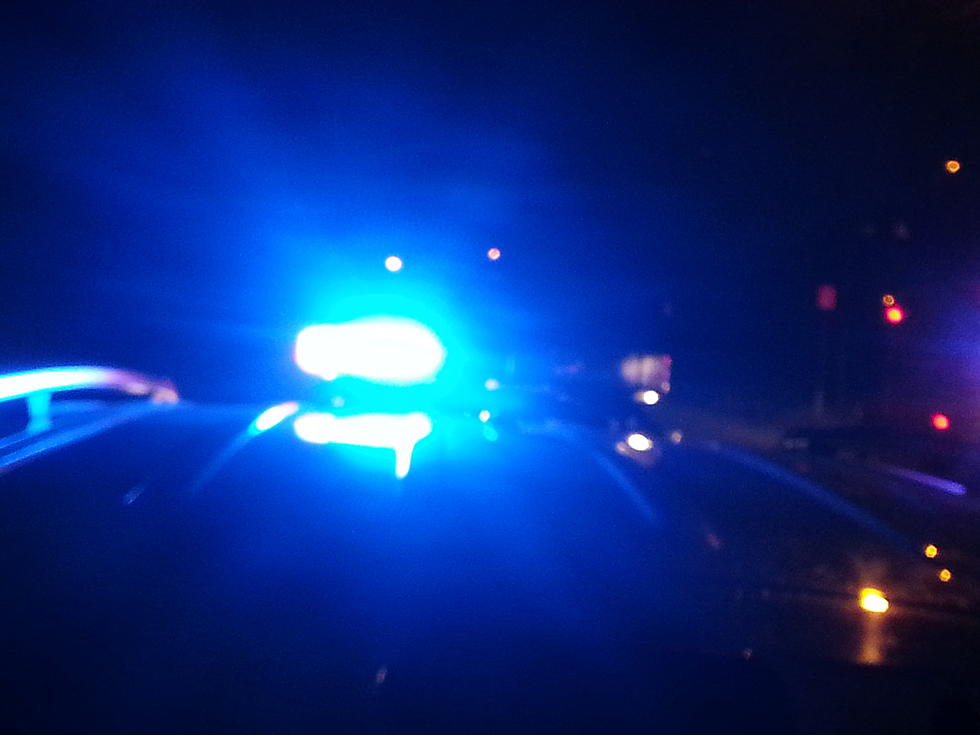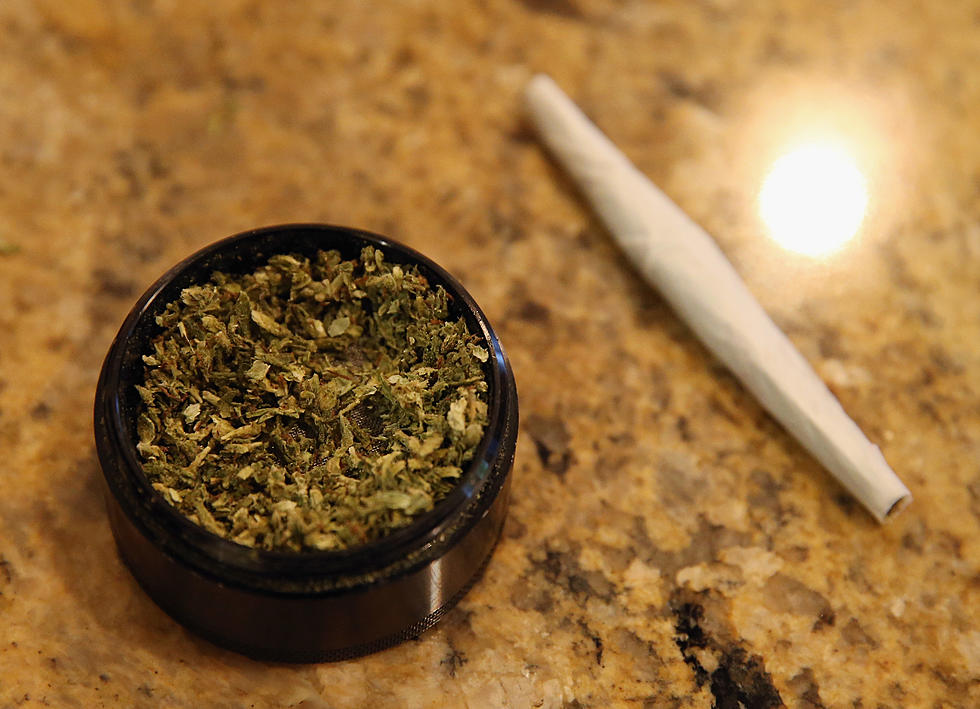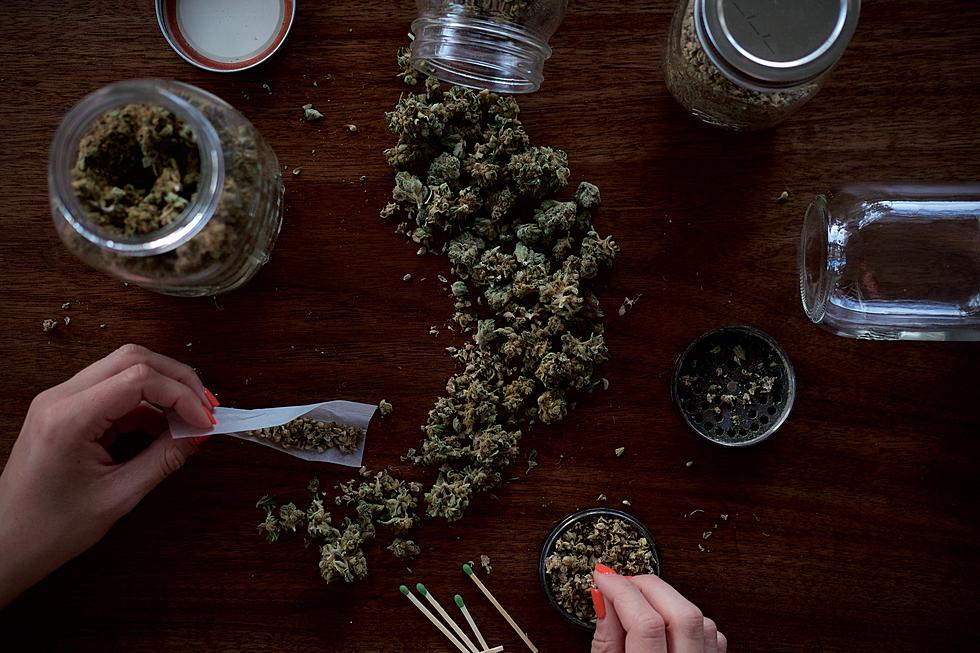
Driving High in New York? Here’s What the Law Says
With New York State's 2021 passage of a bill legalizing recreational marijuana for those 21 and older, there is a concern of more impaired drivers behind the wheel on the state's roadways.
If you're an experienced cannabis user and think you've become immune to many of the effects of marijuana, maybe you're right. But that doesn't mean you won't face consequences if you're caught driving under the influence of anything - alcohol, marijuana, illegal drugs or prescribed ones.
Sgt. Dave Olney with the New York State Police has been a trained Drug Recognition Expert for almost 25 years, one of only about 350 DRE's across the state. He also teaches other officers in a program dubbed ARIDE, or Advanced Roadside Impaired Driving Enforcement. Olney says even when an officer can't smell alcohol on your breath, or can't smell weed in your car, there are other indicators beyond odor that can alert a trained officer that you may be under the influence of something.
So, if you plan to smoke pot, or eat it in edible form and operate a motor vehicle there are some things you should be aware of.
If you get stopped and are believed to be under the influence, you likely face a field sobriety test. Then, a more definitive test to determine what substances are in your system.
''If we test somebody [on suspicion of marijuana], we're going to take a blood test...If it's in your blood, it's psychoactive at that time. So [marijuana] doesn't stay in your blood for 30 days [like a urine or hair sample], it actually metabolizes fairly quickly out of your blood,'' Olney said. ''So, if we can show that it's in your blood, and we also show that you perform poorly in a field sobriety test, there's a direct correlation that it's in your blood and it's what is impairing you.''
If you refuse, you're still most likely going to get charged with DWAI, driving while ability impaired, Olney said.
Also, refusing a blood test will result in a hearing before the Department of Motor Vehicles. At that hearing, all cops need to do is show they had a reason to stop you, a reason to feel you were impaired, and that they read you a refusal warning. Even if you beat the DWAI or DWI charge in court, Olney says, refusing to let an officer take a sample for testing will result in license suspension.
It's part of New York's implied consent law. Basically, if you're driving on a road in New York State, you've already agreed that if requested to do so, you will submit a sample or you will lose your license.
How Long is Marijuana Detectable in Blood?
Olney couldn't say with certainty but said generally a couple of hours. It depends on the potency of the cannabis and how it was consumed.
The Difference Between DWI and DWAI
Most of us have heard of DWI - Driving While Intoxicated. There is also DWAI - Driving While Ability Impaired. There are actually three DWAI-related offenses: DWAI - Alcohol, DWAI - Drugs, and DWAI - a combination of drugs and alcohol.
DWAI - Alcohol carries the least harsh penalty of the three for a first-time offender. A conviction would result in a mandatory $300-$500 fine, up to 15 days in jail, and a 90 day-license suspension, according to the NYS DMV.
If convicted of DWAI - Drugs, or the Drug/Alcohol combination, the mandatory penalty for a first-time offender is $500-$1,000 fine, up to a year in jail, and license revoked for one year.
Get convicted of DWAI - Drugs three times and you're jail sentence could be as many as 7 years behind bars, plus up to a $10,000 fine.
''The threshold for impairment versus intoxication is much, much, much less,'' Olney stressed. Intoxication means you're impaired to a substantial degree. By law in New York, DWAI can be issued for operating a motor vehicle with any degree of impairment, he said. In other words, you should NOT be impaired at all behind the wheel.
Also, Important to Know:
When we spoke with Sgt. Olney, we came up with a hypothetical: Say you're driving home a bit impaired and another driver runs a red light and causes a serious accident. It wasn't your fault, but you're a little impaired by a substance.
Olney says you can expect to face serious consequences for being impaired behind the wheel, and being involved in a serious accident. He says New York State Police policy is to deploy a Drug Recognition Expert to any fatal or serious personal injury accident. And Troopers will test all drivers involved in the accident, he said.
-----
Things You Should Know About the New York Marijuana Legalization Law
5 Potent Weapons You Can Legally Carry for Self Defense in New York
Cheapest Rental Property in New York State For $5,000
Read On! Fifteen 100 Year Old Upstate NY Businesses
Read On! These Upstate Bars are 100, 150, and More Than 200 Years Old!
More From 96.1 The Eagle






